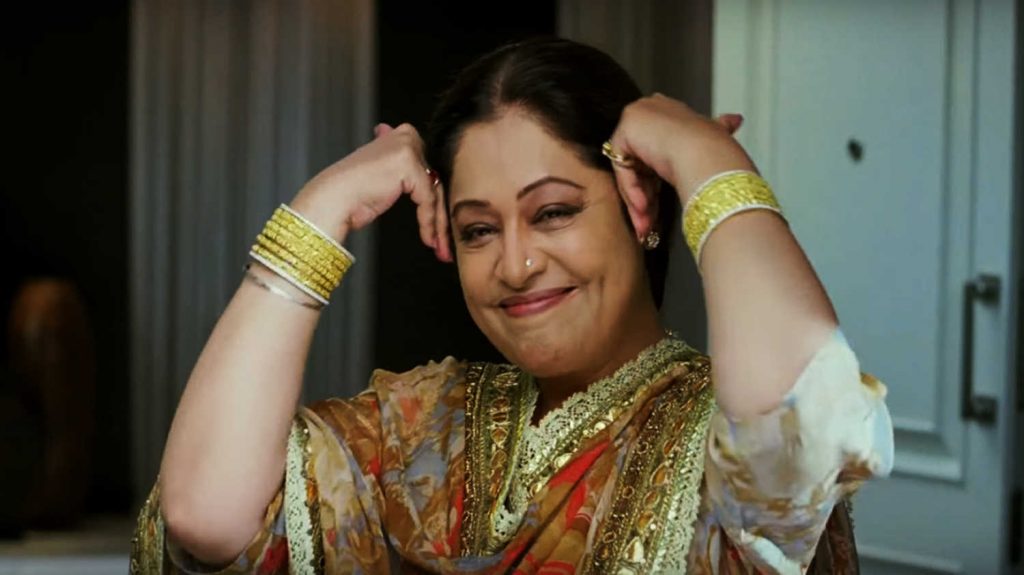
This Sunday, children across the U.K.—young and old—will be celebrating their ultimate women heroes on Mother’s Day. Here at Brown Girl Magazine, some of our writers have dedicated open letters to their own children, sharing words of love, gratitude and wisdom to the future generation.
Dear Mya,
I have a secret. Mother’s Day is a celebration of honouring the mother of the family. The groundhog days of the sleepless nights, the endless illnesses, and constant attentiveness of teaching you to become the best of yourself. I’m looking forward to getting flowers and the handmade card that I can add to my collection from previous years. However, on this day most of all I feel guilty that I’m celebrating a job that actually I love to do.
I love being your mother. I love that you are my daughter. I enjoy seeing you grow and evolve into your own character. I’m supposed to be teaching you right from wrong and guiding you into being a good person. But actually, you are the one teaching me. You’ve taught me to love, you’ve given me substance and you’ve brought me back to life.
I was taught to believe that love came with terms and conditions. But I failed to live up to people’s expectations. I have been abandoned. I have been cast aside. I have been made to feel inadequate. Things that you will never experience.
The day you were born was the first lesson you taught me what unconditional love is. For the very first time, I have felt a complete and absolute wave of importance to someone. Although you need me, I’ve realised that I needed you more. Thank you for the honour of being part of your life, a million times. Thank you.
I don’t feel worthless anymore, I have focus and you are my why in everything I do and in every decision I have to make. You are my focus and you are my grounding.

I know there will be times you will lie, you will cross boundaries and you will make a thousand mistakes. All these things are life lessons. Already I can see the strong and determined woman you will become. Some would say you are stubborn, but I say you know what you want and won’t settle for anything less. Some might say you’re too independent, but I say you are a born leader. Some would say “she’s so dangerous” but I say you are fearless. Nothing frightens you. You are cautious, but never scared. Keep being unique, keep being different, keep being you. I’m excited to see the woman you’ll become.
Thank you for making every day feel like Mother’s Day.
– Sharan Raju
[Read Related: Dear Dad: A Father’s Day Tribute From Brown Girls Everywhere]
To the loves of my life,
It’s hard to imagine life without you now. I used to feel I lived a full life. I used to think I was always busy and I couldn’t get busier. I used to think raising babies couldn’t be that hard.
I used to think I knew all about unconditional love. I used to think I knew a lot. Then you both came along and rocked my world in a way I never imagined. Like the Tasmanian devil — you both completely rearrange our neatly laid out home when we’re all trying to get out the door each day. And in the same manner, you both completely rearrange my life in the most fun-loving, joyous and happy way.
I’ve always loved kids and couldn’t wait to have my own. Now I have you both it is nothing like I expected. It is so much more! The unconditional love I have for you is indescribable. The unconditional love you show me back is something I wish I could package up and hold close to me at all times.
What I’d like you to know is that you are both individuals — so different from each other. I love your different personalities. But more so I love you equally. You are my right arm and my left arm. Both of which I cannot do without. I hope to be there for you every time you need me. In fact, that is my life goal.
When you were born, a mother was born. And my priorities have changed to be all about you two. I only hope I am everything you want me to be. I am the only female in our family of four. Therefore I hope to set a good example of how a female should be treated and how a female should treat you. I hope to teach you that you also have a feminine and nurturing side. You show me so much compassion and care already you make me super proud.
As you know I’m not the girliest girl so I want to show you how to change a tyre (if your dad will let me) and how to set up all the gadgets in the house (which I love). I hope for you both to be balanced and self-confident and able to stand your ground against whatever comes your way. Fully armed with the knowledge that your number one cheerleader is always there to support and encourage you both. Your number one firefighter is ready to catch you if you fall and help you put out your fires. Your number one comforter is ready to scoop you up whenever you need even when you’re grown with kids yourself — be prepared to be scooped for the rest of your lives.
Love you endlessly.
Mummy
– Surina Khira Shah




